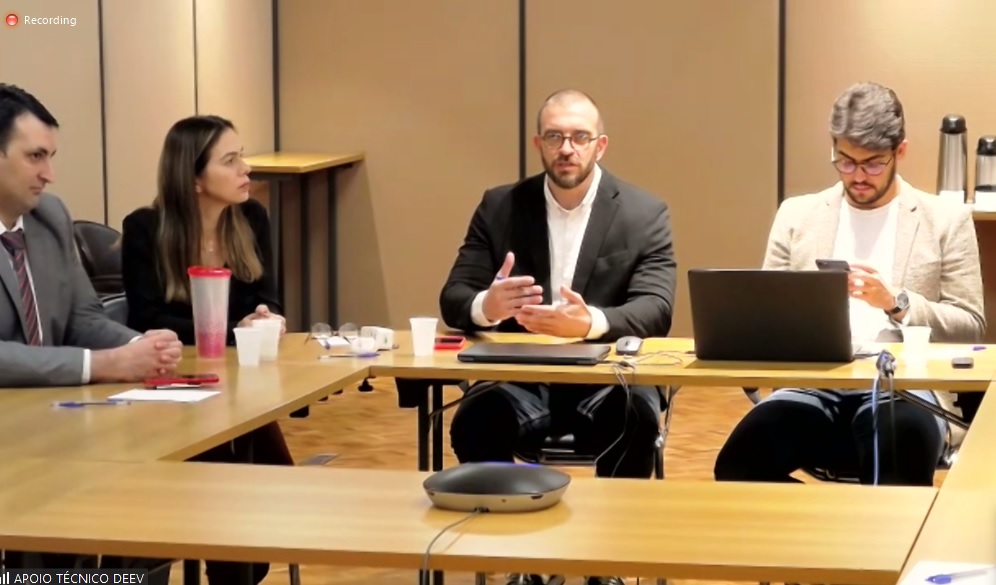São Paulo – The Brazilian Association of Food Equipment, Ingredients and Accessories Industries (Abiepan) and Brazilian Trade and Investment Promotion Agency (ApexBrasil) held on Tuesday (25) a warm-up event for companies that will participate in food and beverage processing and packaging trade show Gulfood Manufacturing, to take place from November 8 to 10 in Dubai.
The Brasil Food Service project, developed by ApexBrasil and Abiepan to promote the sector globally, will take the Brazilian companies Ariete, Bralyx, IMG Brasil, Fortfrio, Glasart, G. Paniz, Prática and Skymsen to the show. The online warm-up event featured Apex Brasil Business analyst Antonio Braga, Arab Brazilian Chamber of Commerce (ABCC) economist Sotirios Ghinis, and halal expert Omar Chahine.
Braga talked about the landscape and opportunities for the sector in the Arab countries, gave an overview on the population and GDP of the 22 countries in the Middle East and North Africa, and showed the trade ties between the bloc and Brazil. Based on an ANBA story, he said that in 2021, trade between the country and the Arab bloc reached USD 24.25 billion, the highest level since 2014. Brazil exported USD 14.42 billion to the Arabs, up 26%. The bloc was the third leading destination of Brazilian exports.

He also highlighted the demand from the region for food processing machines like ice cream machines, household items like sponges and gloves, autoclaves for hot beverage preparations or cooking, baking machines, and others. Braga pointed out that, although the United Arab Emirates is a small country, it’s now the region’s largest distribution and re-export hub.
Sotirios Ghinis presented an overview of the Arab market and gave tips for negotiating with Arabs. According to him, the negotiations should take place between businesspeople of the same level of management to give a positive image. “Foreign professionals might open the negotiations, but in most cases, it is the Arab who decides,” he said.
The economist also suggested conversation topics with the Arabs, like the Arab diaspora in Brazil and football, and commented about the Islamic calendar and periods where consumption changes, like Ramadan.

Omar Chahine talked about the halal market and halal certification. He pointed out that the Muslim consumer market currently accounts for 24% of the global population. “Halal is an ethic and moral standard of lawful actions in society, behavior, law, clothing, finance and food, based on a system of principles and values that benefit humanity,” Chahine said.
Halal, he says, is not limited to animal slaughter. Besides pork and alcohol, Muslims can not consume food items that contain animal blood, birds of prey, dogs, insects, and others. The Muslim population is currently 1.9 billion people, and there are 57 Muslim-majority countries. The Muslim population is estimated to reach 2.76 billion by 2050.
To get the halal certificate, the product must have traceability, appropriate labeling and storage, as well as complying with current legislation, good manufacturing practices, and other requirements.
The Brazilain stand at the Gulfood Manufacturing show will be at S22 B44 Sheikh Saeed Halls.
Translated by Guilherme Miranda




